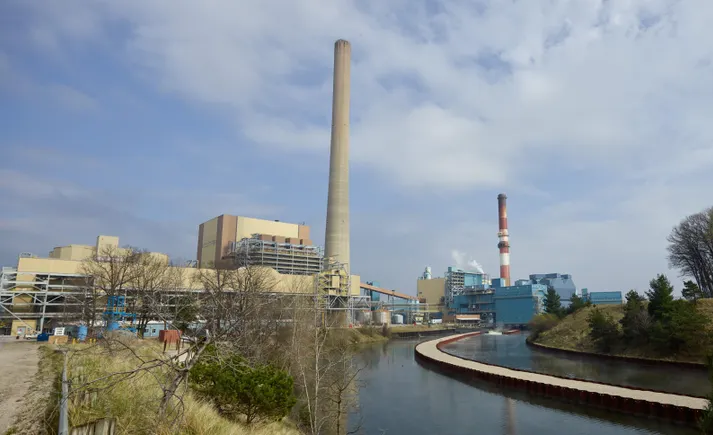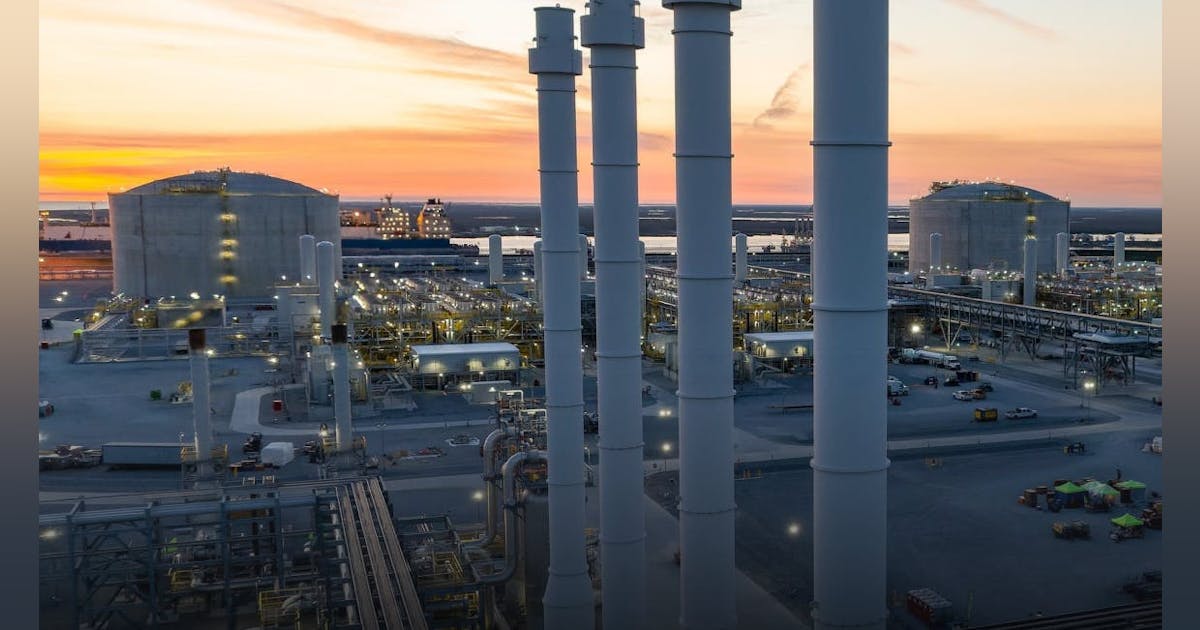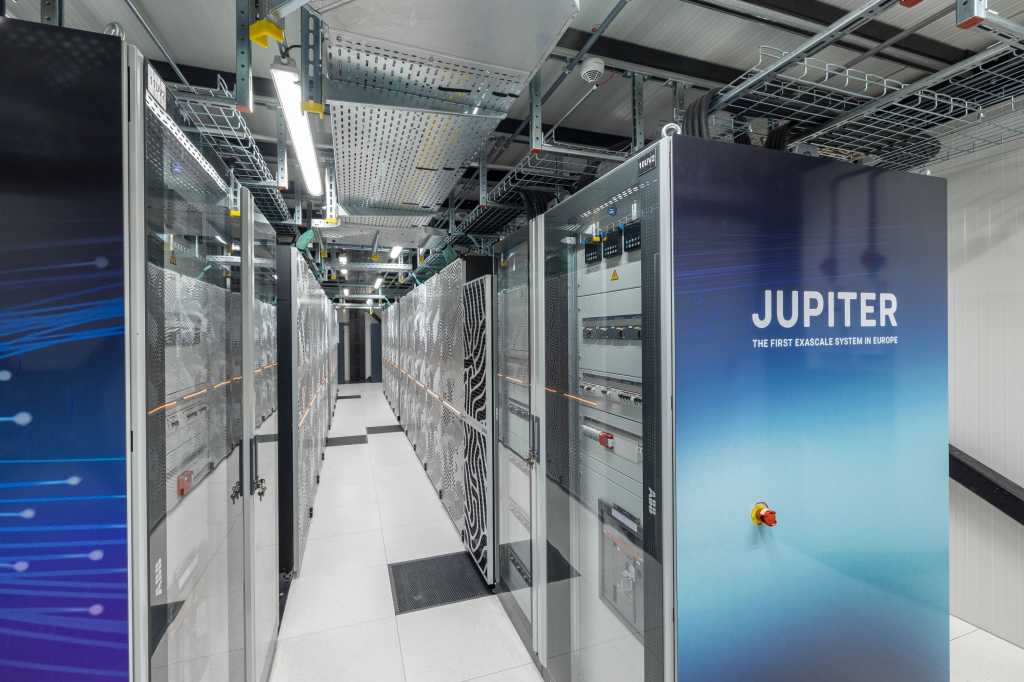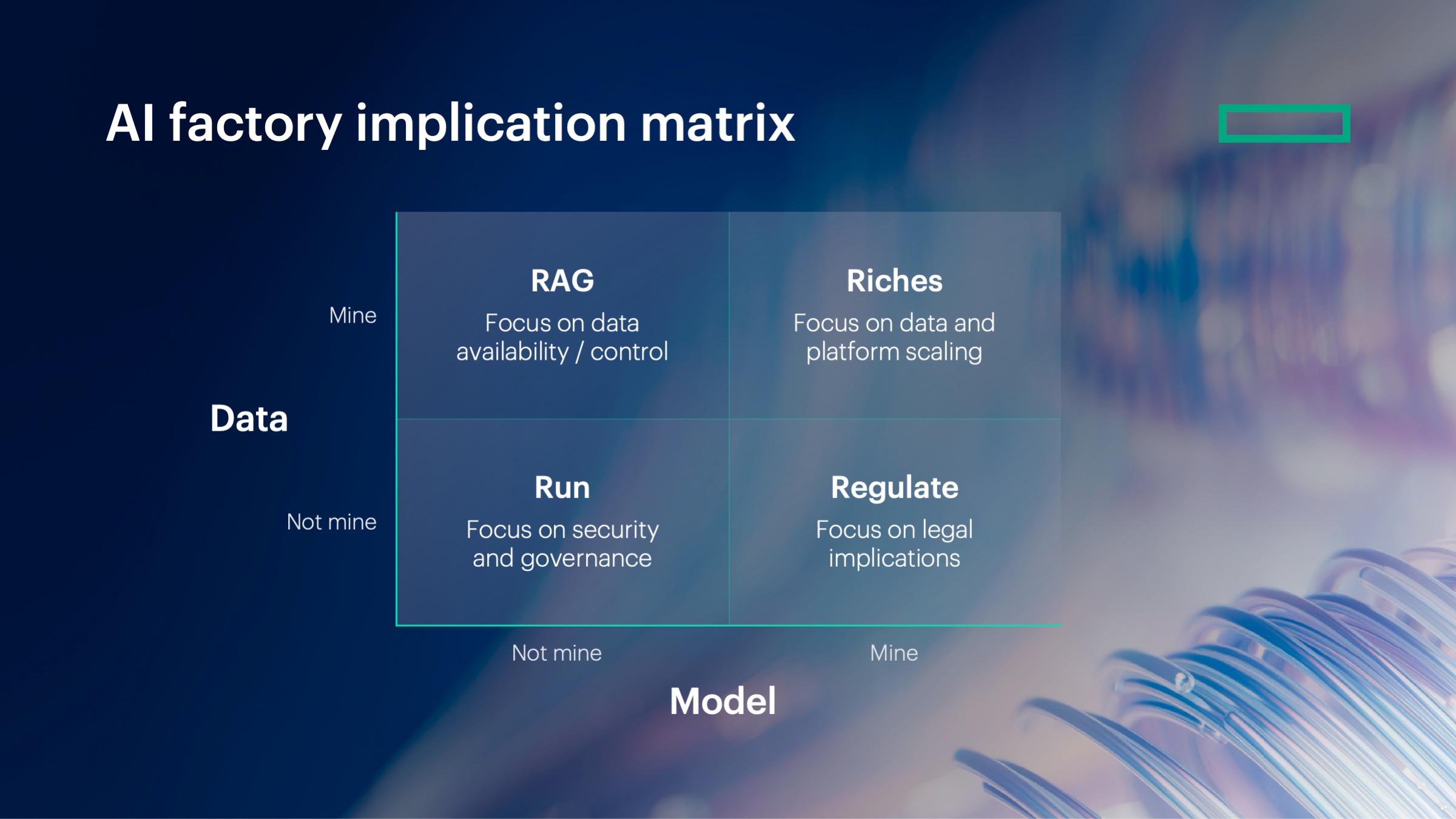
Scott Corwin is president and CEO of the American Public Power Association.
The United States faces a complex power challenge. The rise of data centers, the return of American manufacturing and the push to electrify vehicles and homes are all driving new demands on the nation’s electrical grid. Public power utilities, which are community-owned and not-for-profit providers, are prepared to meet these needs, serving nearly 55 million Americans in more than 2,000 communities across 49 states and several territories.
However, these utilities are often slowed by an outdated, unpredictable federal permitting system. This is particularly challenging for new generation projects, as regulatory barriers and red tape can prolong timelines by years and raise costs by millions. In the end, these costs are borne by communities and leave families and businesses more vulnerable to supply disruptions or delayed improvements in reliability.
Permitting reform is not about diminishing environmental protections. Instead, it is about removing unnecessary and duplicative regulatory hurdles that slow the construction of new generation resources and other needed energy infrastructure. The American Public Power Association supports pragmatic legislative efforts that streamline the permitting and siting process, provide clearer federal guidance, and produce timelier decisions. Reform must maintain strong environmental oversight but deliver outcomes that allow vital energy projects to proceed without unnecessary delay.
When the permitting process is lengthy or unpredictable, the difficulty and expense of building new infrastructure grows. Customers are directly affected; they may see higher energy bills or even miss economic development opportunities because the process takes too long. Projects that meet environmental standards should move through federal review with clear milestones and prompt decisions. Federal policy must also ensure reviews are coordinated, not conducted in succession, so agencies work together with established schedules.
Regulatory guidance should be consistent, even as administrations change, to enable local planners to chart paths for long-term investment. Ultimately, reforms must respect local governance and accountability, so public power investments reflect the unique needs of their communities.
The customer impact of permitting delays
The impact of permitting delay is felt from America’s largest cities to its smallest. Public power utilities make up the majority of U.S. electric utilities but serve about 15% of customers, roughly 55 million people nationwide. Most of these utilities operate in smaller communities, with a typical service population of just 4,400. As a result, every increase in project cost caused by permitting delays is felt directly by those communities.
Bureaucratic delays can stretch out a single project for years, raising financing and construction costs and making it harder for utilities to invest in reliable and affordable generation or the infrastructure needed to deliver power. Uncertainty about shifting federal requirements further discourages timely investment, slowing progress on projects that will benefit public power communities.
A practical path forward
Although Congress has taken some steps to improve the permitting process, more must be done. Lawmakers should recognize when state and local environmental reviews satisfy or exceed federal requirements, reducing duplication for critical, low-impact projects. Reasonable, enforceable deadlines for federal agency decisions will remove much of the unpredictability from the current process. When projects pose minimal environmental impact, an expedited review option should be available. These improvements should clarify compliance expectations without weakening environmental stewardship.
APPA supports four guiding principles for reform: predictability, so utilities know what to expect and when; efficiency, through better agency cooperation and fewer duplicative steps; transparency, by tracking project milestones openly; and meaningful stakeholder input at each stage. Sustained funding for federal agencies is also critical, as under-resourced offices are often a root cause of slow permitting.
Public power utilities have long set standards for reliability, affordability, and innovation. Their ability to build energy infrastructure where and when it is needed is essential for powering schools, hospitals, businesses, and homes nationwide. Smart, infrastructure-neutral reforms grounded in predictability and efficiency will support further investment in safe, reliable, affordable power.
The permitting challenge is complex but solvable. With measured changes focused on clarity, coordination, and partnership, Congress can empower public power to keep pace with growth, modernize the nation’s grid, and deliver affordable and reliable energy to all Americans. Our communities, our economy, and our shared future deserve no less.






















